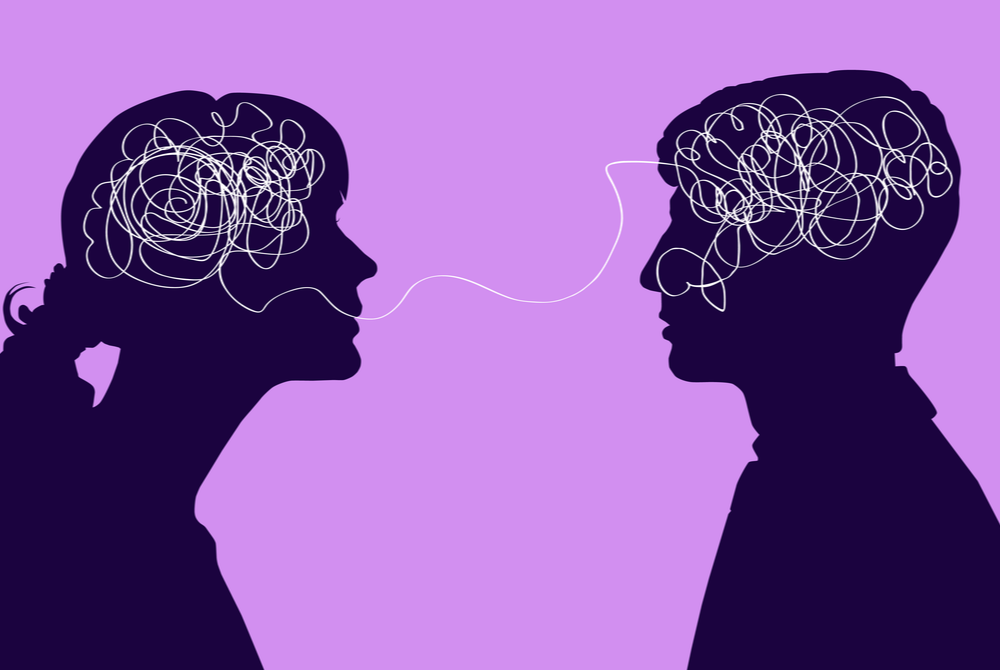Dr. Jeff Hutchinson, Center for Adolescent Health
This holiday season may find all of us having difficult conversations. This monthly reading list is our effort to help in that discomfort. Use this list to engage with a desire to understand and be more inclusive as we celebrate our diversity.
Articles
This TED article and talk “3 Steps to Having Difficult But Necessary Conversations” is a great starting point to approach difficult conversations:
- Don’t avoid the conflict
- Approach the conversation to learn
- Listen more than speak
This short article “How to Have Difficult Conversations” outlines a universal approach to difficult conversations with family and friends. After reading it have a conversation with someone and discuss the questions:
- When is it difficult to be direct with your thoughts?
- What phrase or behavior leads to you feeling disrespected?
Books
“So You Want to Talk About Race” by Ijeoma Oluo
- This book is a well written foundation for anyone willing to do the difficult work of talking about race and being anti-racist.
- Identify one point the author made that you agree with and one point you disagree.
- How can hearing the perspective of someone different than you help future conversations?
“The Power of a Positive No: How to Say No and Still Get to Yes” by William Ury
- I recommend this book for everyone who has trouble saying no. It helps develop the ability to decline a request and keep the relationship. Saying no is important in difficult conversations.
- Discuss the last time you said yes when you wanted to say no.
- Find someone you know who seems to say no easily and have a discussion about their skill.
“Difficult Conversations: How to Discuss What Matters Most” by Douglas Stone, Bruce Patton, Sheila Heen
- There are dozens of books aimed at leaders, business owners and teachers on having difficult conversations. Some can be applied to family conversation but conversations we have with family are different because of the relationship.
- How can you move from an emotional conversation to a productive one?
- What do you do when you feel personally attacked?
Podcasts
Brené Brown is a leading voice on empathy and brave conversations. One of her many podcasts with comedian Judd Apatow also looks at humor:
- Humor can be a key to difficult conversations.
- Share how a difficult conversation improved when you were able to laugh.
- What is the difference between “laughing with” and “laughing at”
You can do it!
It is never too late to learn and never too early to try.

